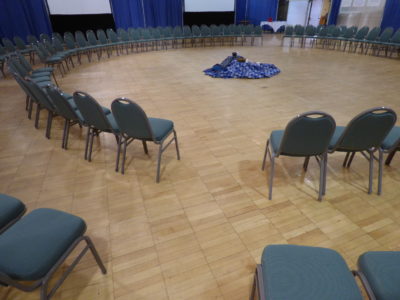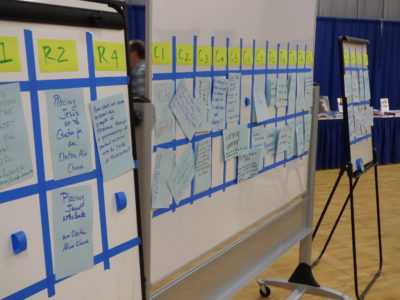What I like in this poem by Rainer Maria Rilke, the beloved Bohemian-Austrian poet of the late 1800s and early 1900s, is the invocation to trust a deep center, one that is already there. I don’t read it as advice to not reach beyond, to dream, or to wonder. It’s just a solid reminder to cultivate and know what lays within and beneath, to give real attention to the descent (in a society that often gives sole preference to the ascent).
Thanks to friend and colleague Sara Rosenau for sharing this with me recently.
d
Rise Up Rooted Like Trees
How surely gravity’s law,
strong as an ocean current,
takes hold of even the smallest thing
and pulls it toward the heart of the world.
Each thing—
each stone, blossom, child—
is held in place.
Only we, in our arrogance,
push out beyond what we each belong to
for some empty freedom.
If we surrendered
to earth’s intelligence
we could rise up rooted, like trees.
Instead we entangle ourselves
in knots of our own making
and struggle, lonely and confused.
So, like children, we begin again
to learn from the things,
because they are in God’s heart;
they have never left [God].
This is what the things can teach us:
to fall,
patiently to trust our heaviness.
Even a bird has to do that
before he can fly.


